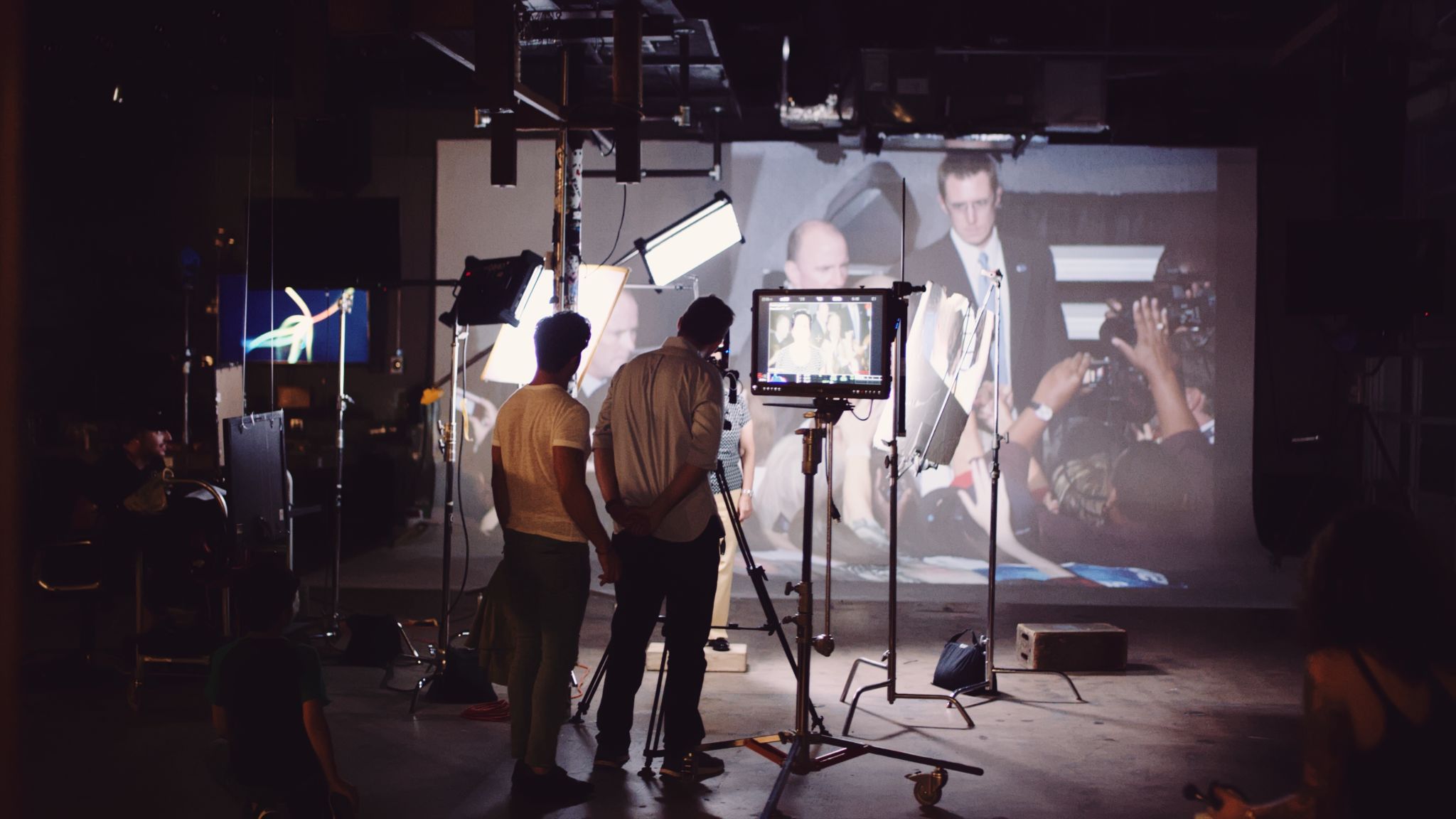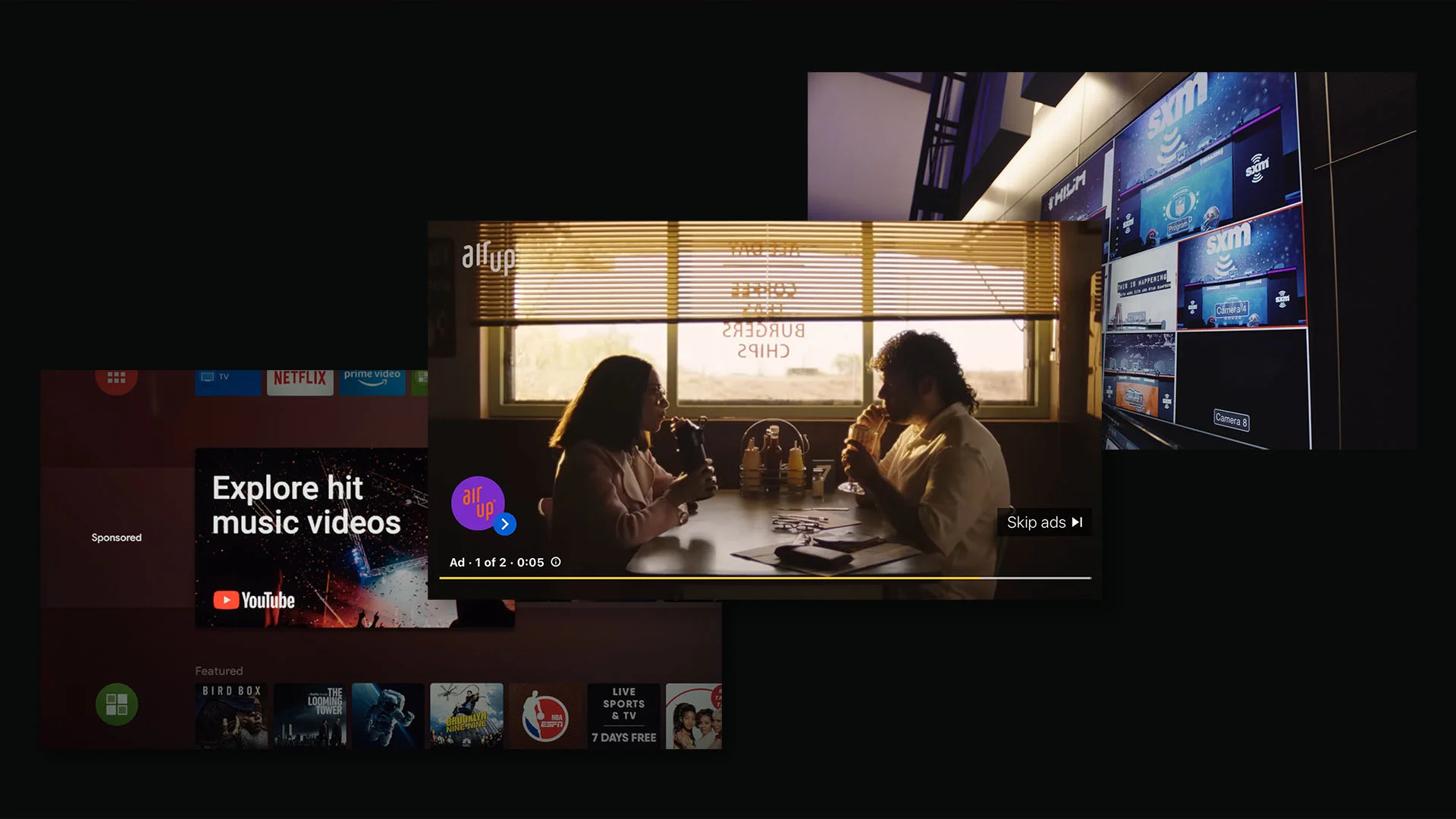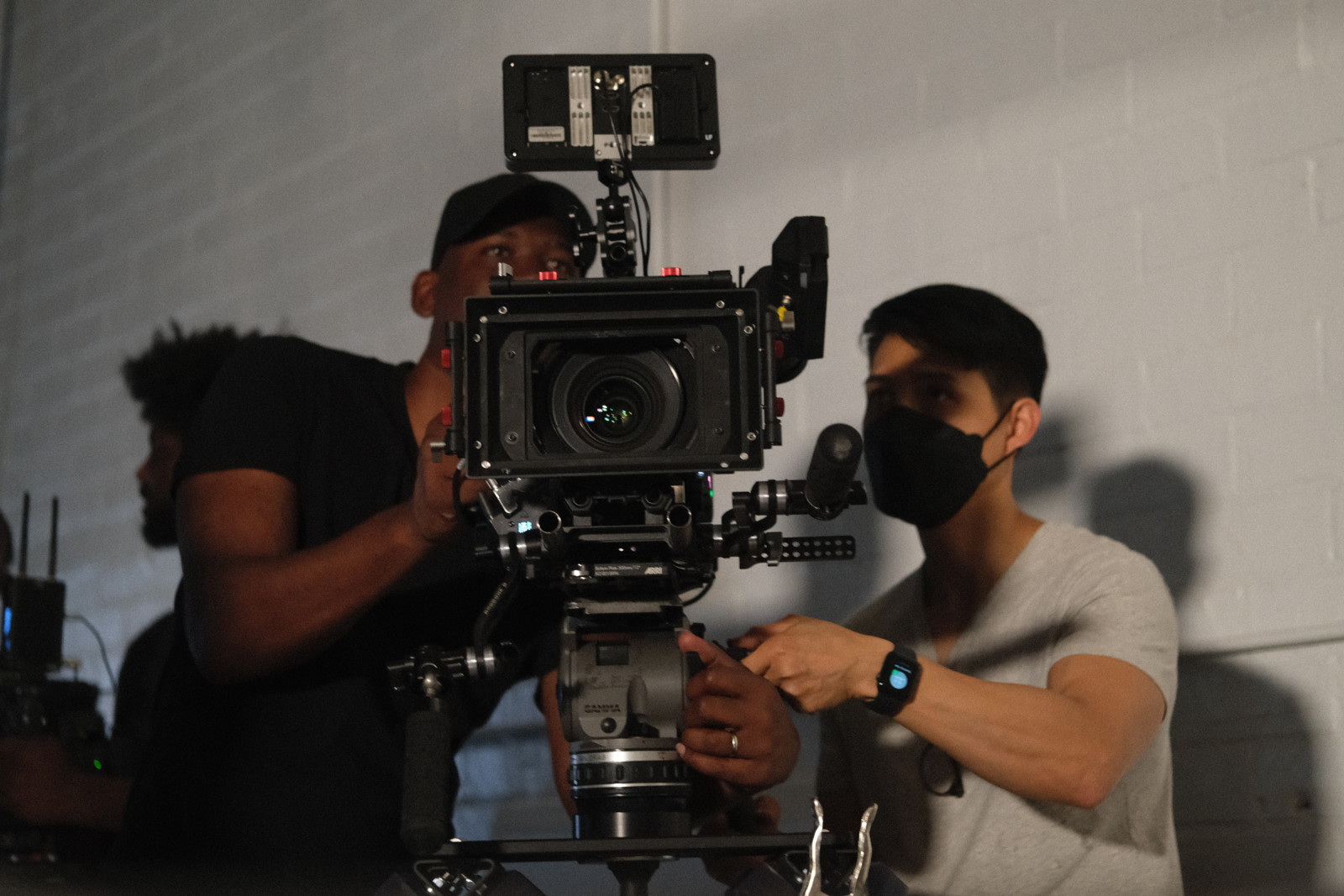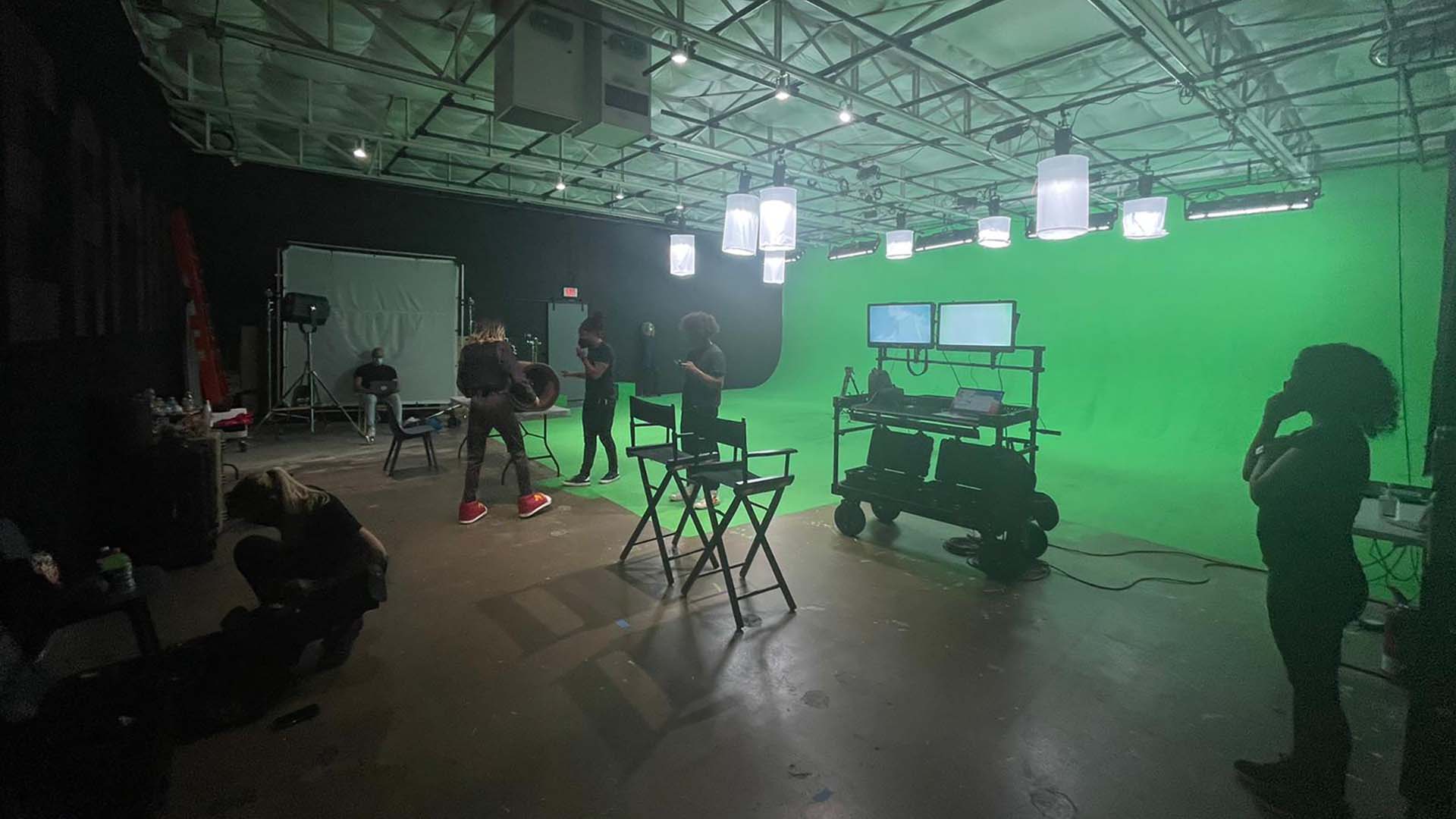Creating Drama Without Scripted Lines: The Art of Unscripted Storytelling
The art of unscripted storytelling can be found in various forms of performance, including improvisational theatre and drama without scripted lines. Improvisational theatre, such as Improv comedy, involves performances with no scripts and no preplanned ideas, creating full-length shows or shorter performances.









